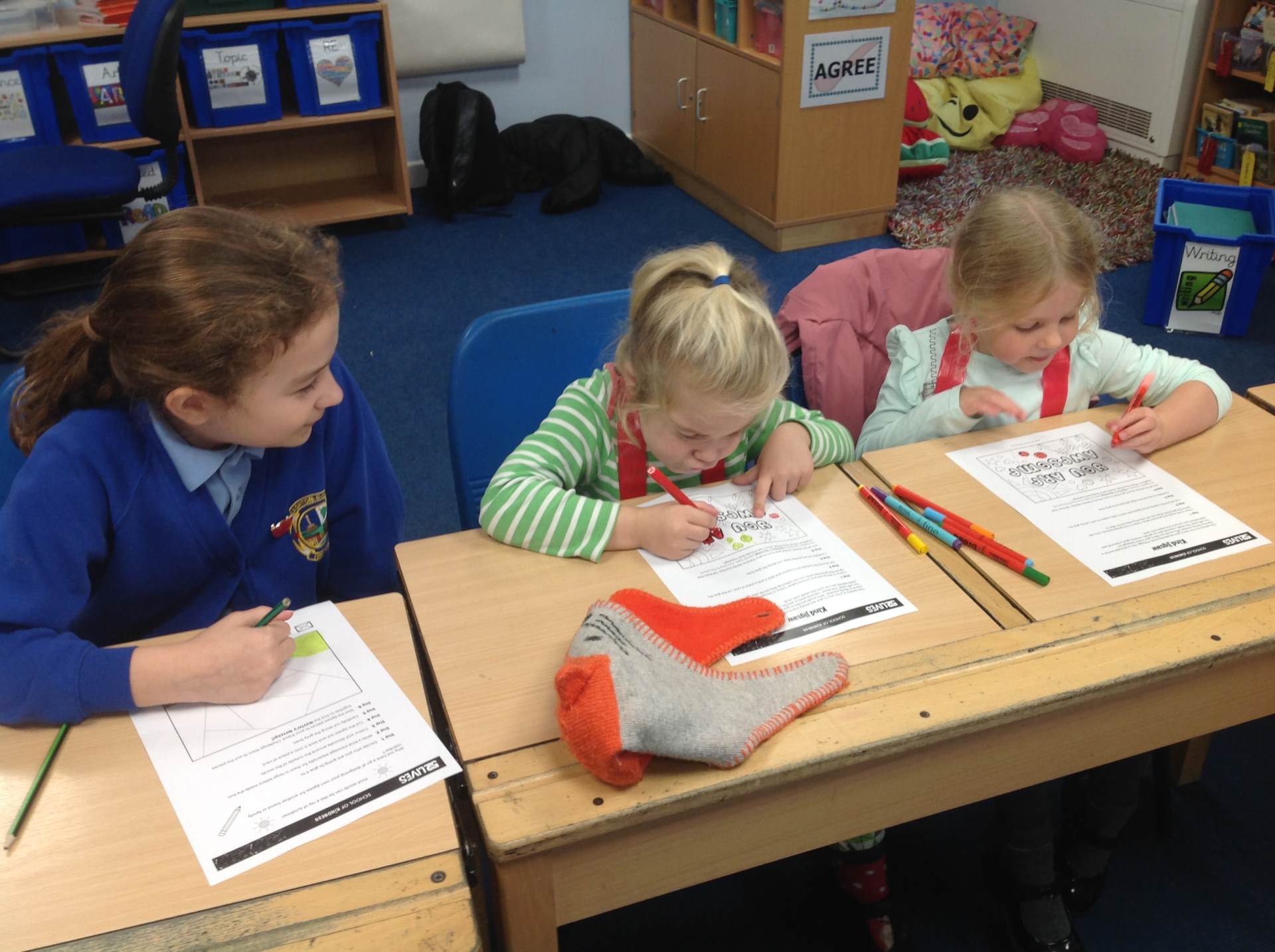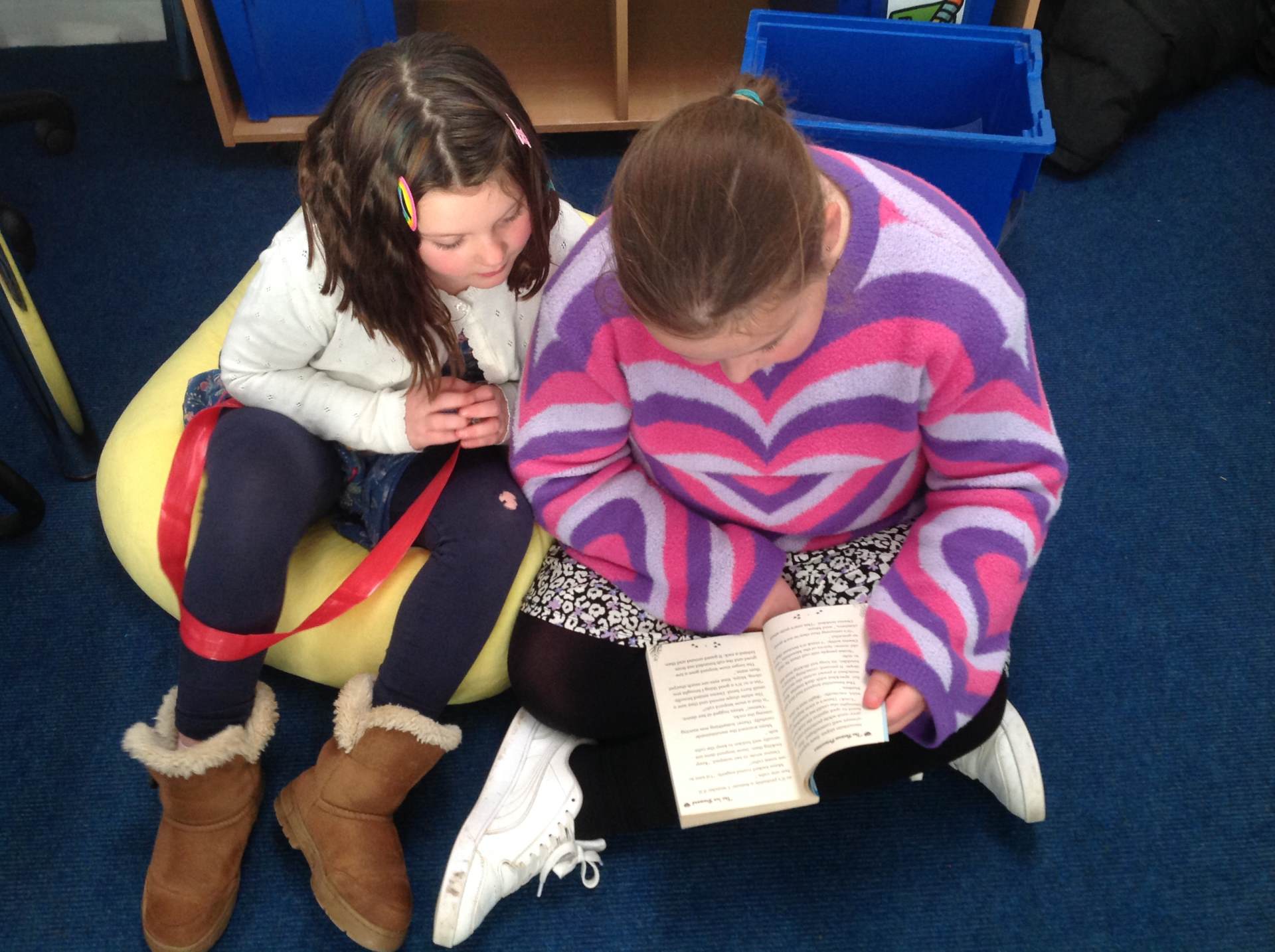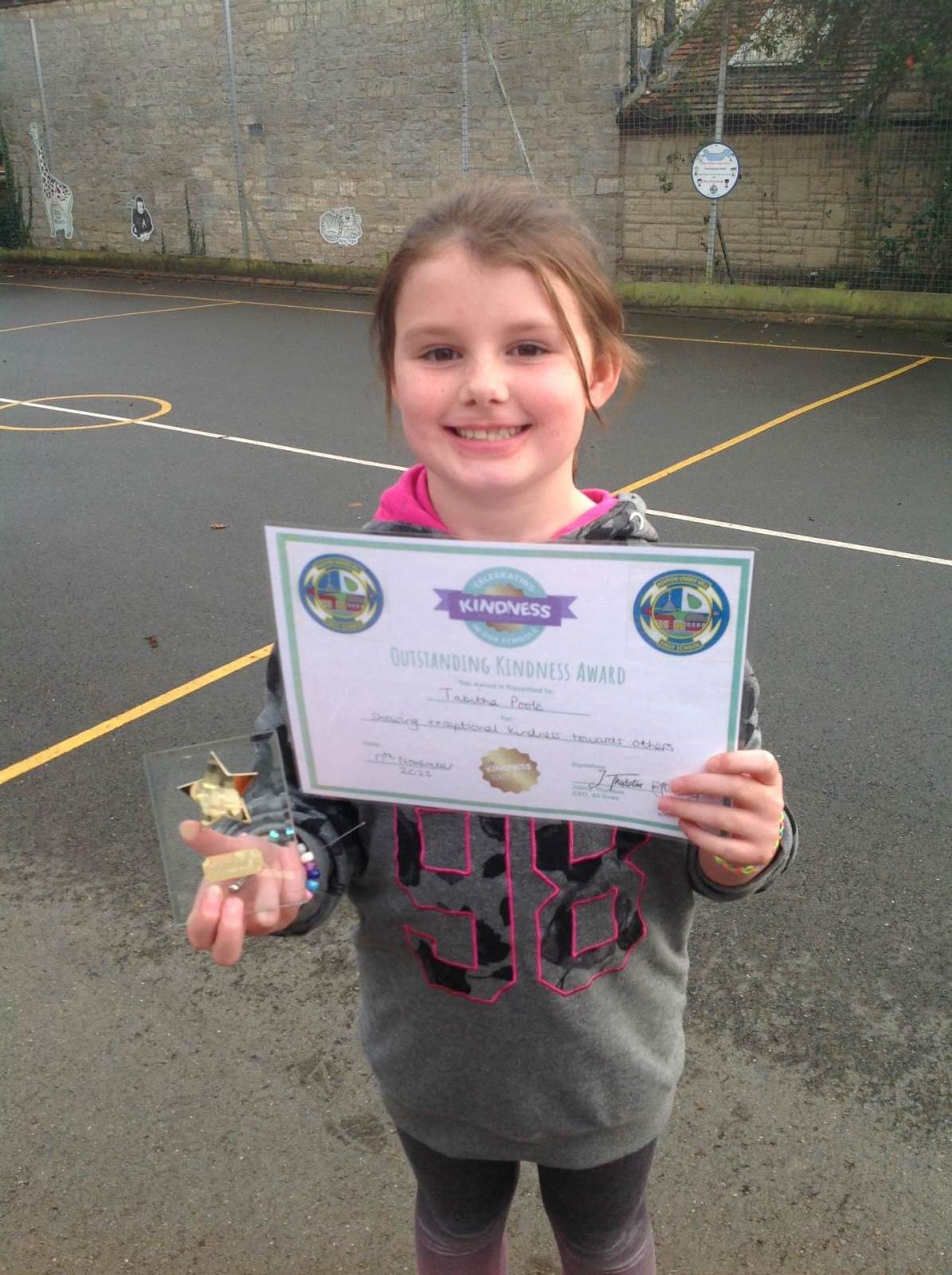Mental Health and Wellbeing
Children's Mental Health Week this year is week beginning 5th February 2024
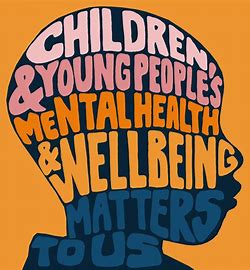
|
Our vision is to develop a school community where children can enjoy a welcoming, secure, happy and healthy environment, where all members can develop self-confidence, self-esteem, self-motivation, resilience, independence, compassion, tolerance and understanding of others.
At Ashton First School, we support the emotional health and wellbeing of our pupils, staff and parents. We have a supportive and caring ethos of respect and kindness, where each individual is valued.
At our school we know that everyone experiences life challenges that can make us vulnerable and at times, anyone may need additional emotional support. We take the view that positive mental health is everybody’s business and that we all have a role to play.
We promote a mentally healthy environment through:
|
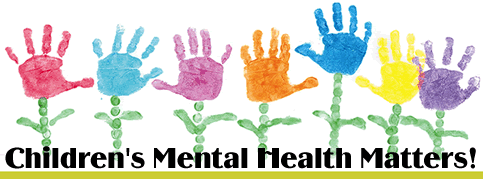
|
By the end of Year 5 our pupils should know: That mental wellbeing is a normal part of daily life, in the same way as physical health.
There is a normal range of emotions (e.g. happiness, sadness, anger, fear, surprise and nervousness) and scale of emotions that all humans experience in relation to different experiences and situations.
How to recognise and talk about their emotions, including having a varied vocabulary of words to use when talking about their own and other's feelings.
How to judge whether what they are feeling and how they are behaving is appropriate and proportionate.
The benefits of physical exercise, time outdoors, community participation, and voluntary activity on mental wellbeing and happiness.
Simple self-care techniques, including the importance of rest, time spent with friends and family and the benefits of hobbies and interests.
Isolation and loneliness can affect children and that it is very important for children to discuss their feelings with an adult they can trust and seek support.
That bullying and cyber bullying has a negative and often lasting impact on mental wellbeing.
Where and how to seek support (including recognising the triggers for seeking support), including whom in school they should speak to if they are worried about their own or someone else's mental wellbeing or ability to control their emotions (including issues that arise online).
It is common for people to experience mental ill health, for many people who do, the problems can be resolved if the right support is made available, especially if accessed early enough.
|
|
Pupil Voice Through Our Kindness Squad At Ashton First School we like to give all the children a voice, and especially when it concerns their wellbeing and happiness. To facilitate this we give the children the responsibility of running a KINDNESS SQUAD, which aims to give the children support and an open ear if they need some help at play and lunch times. The KINDNESS SQUAD have a visible presence on the playground wearing their green tabards and regularly check in the Kindness Bench where children can go to if they need someone to talk to or play with. Other members of the KINDNESS SQUAD organise and run activities which are completed inside school; activities such as drawing, colouring, sharing books, Lego and other construction activities, or enjoying something on the screen or iPads. During these sessions there are plenty of opportunities for chatting and checking in with each other to boost self confidence, for both the squad members and the other children. These sessions are run under the supervision of staff and squad members know who to go to if they need assistance. They choose what activities to run and plan and organise them.
|
|
Our KINDNESS Squad
|
|
Kindness Award We don't just celebrate academic successes, we reward the children through a variety of different measures. One of these ways is to reward kindness by presenting our Kindness trophy each half term. The children and staff nominate who they think has shown lots of kindness towards them or others, and the person with the most votes wins the accolade |
| Useful Websites: (Please be aware that we have no input into the content) |
| General mental health support: www.youngminds.org.uk/ www.childline.org.uk/ www.nhs.uk/every-mind-matters/ www.nhs.uk/oneyou/ www.samaritans.org/ www.thecalmzone.net/ www.mentalhealth.org.uk/ www.mind.org.uk/ www.rethink.org/ |
| Domestic violence support: www.refuge.org.uk/ www.victimsupport.org.uk/ |
| Support with alcohol abuse: www.al-anonuk.org.uk/ |
| Support with addiction: www.smartrecovery.org.uk/ www.talktofrank.com/ www.gamanon.org.uk/ |
|
Bereavement support: Home - Bereavement Support South Worcestershire (bereavementsupportworcestershire.org.uk) |
| Support with eating disorders: www.beateatingdisorders.org.uk/ |
| Coping with anxiety: www.anxietyuk.org.uk/ |
| Support with OCD: www.ocduk.org/ |
| Relationship support: www.relate.org.uk/ |
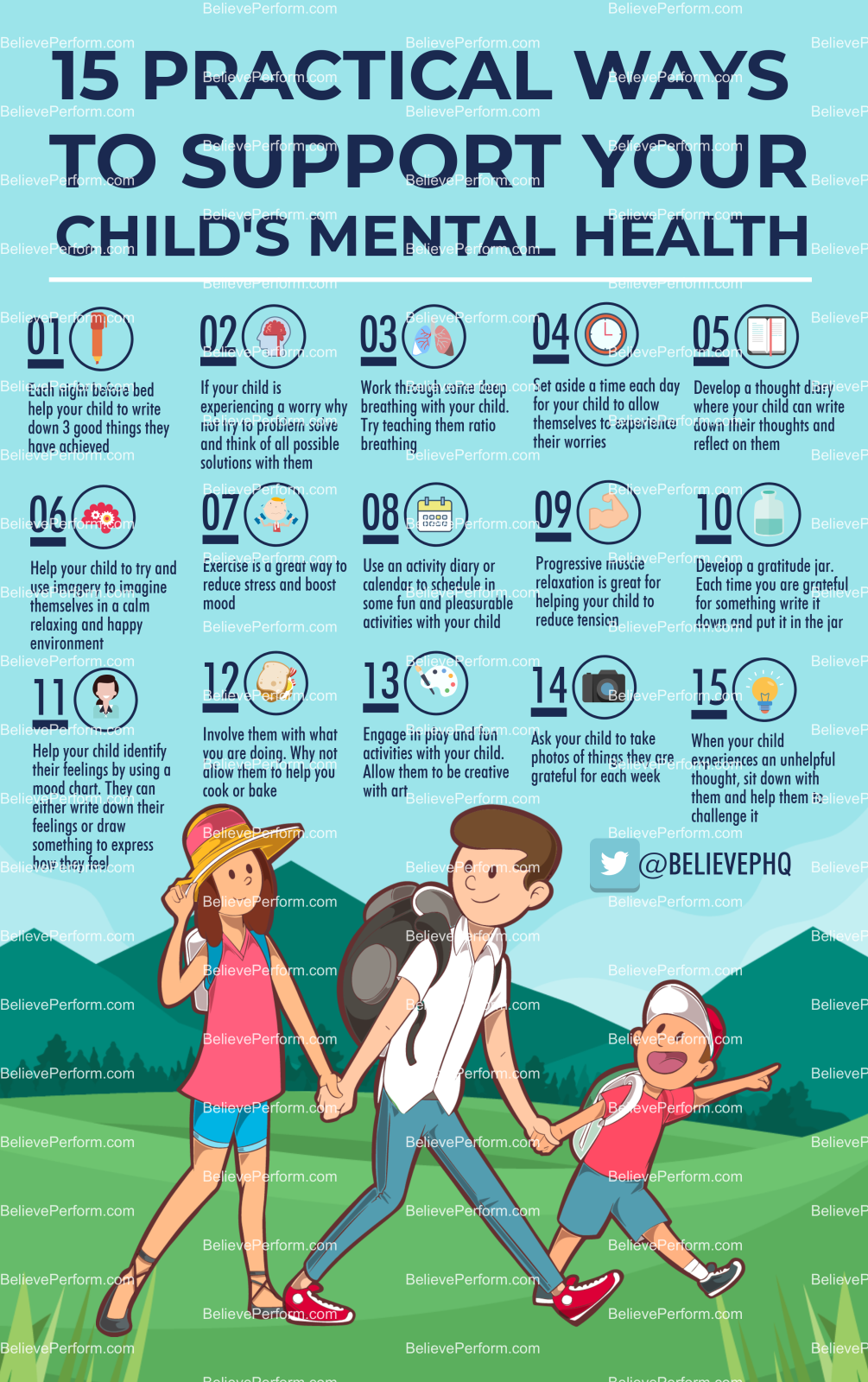
| Recommended Reading Lists for promoting Wellbeing and Mental Health in children |
| Reading Well Book Guide |
| Wellbeing Book Guide |


